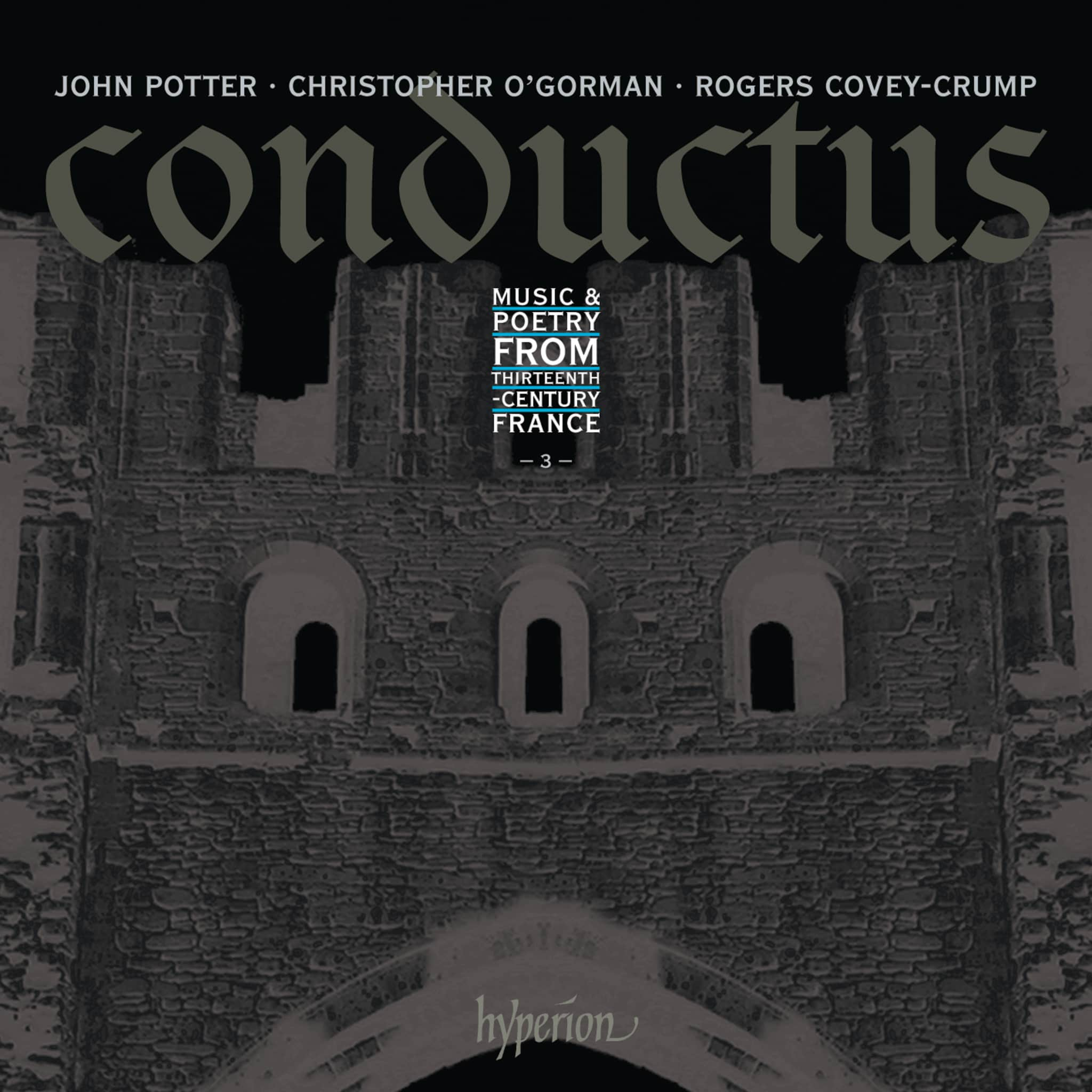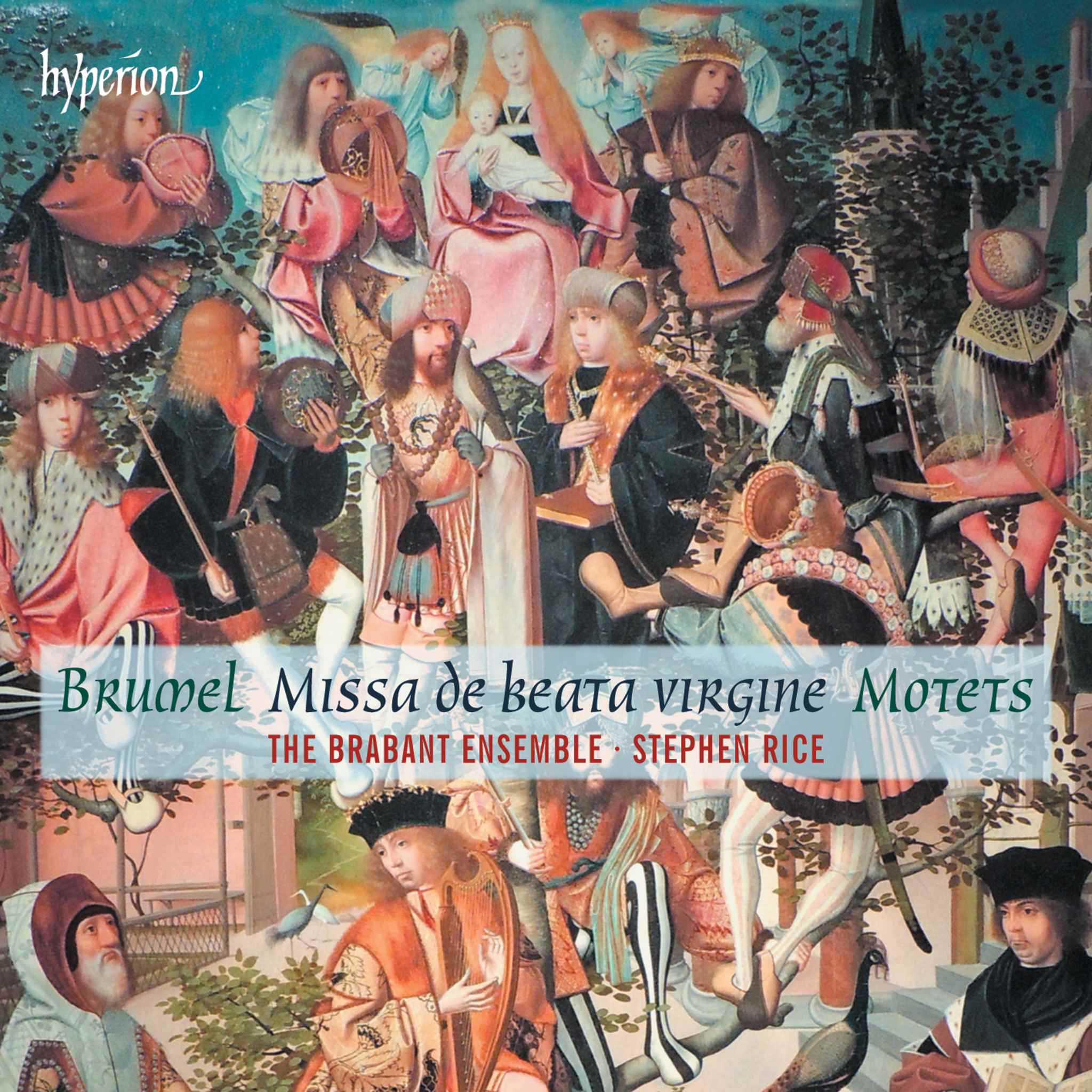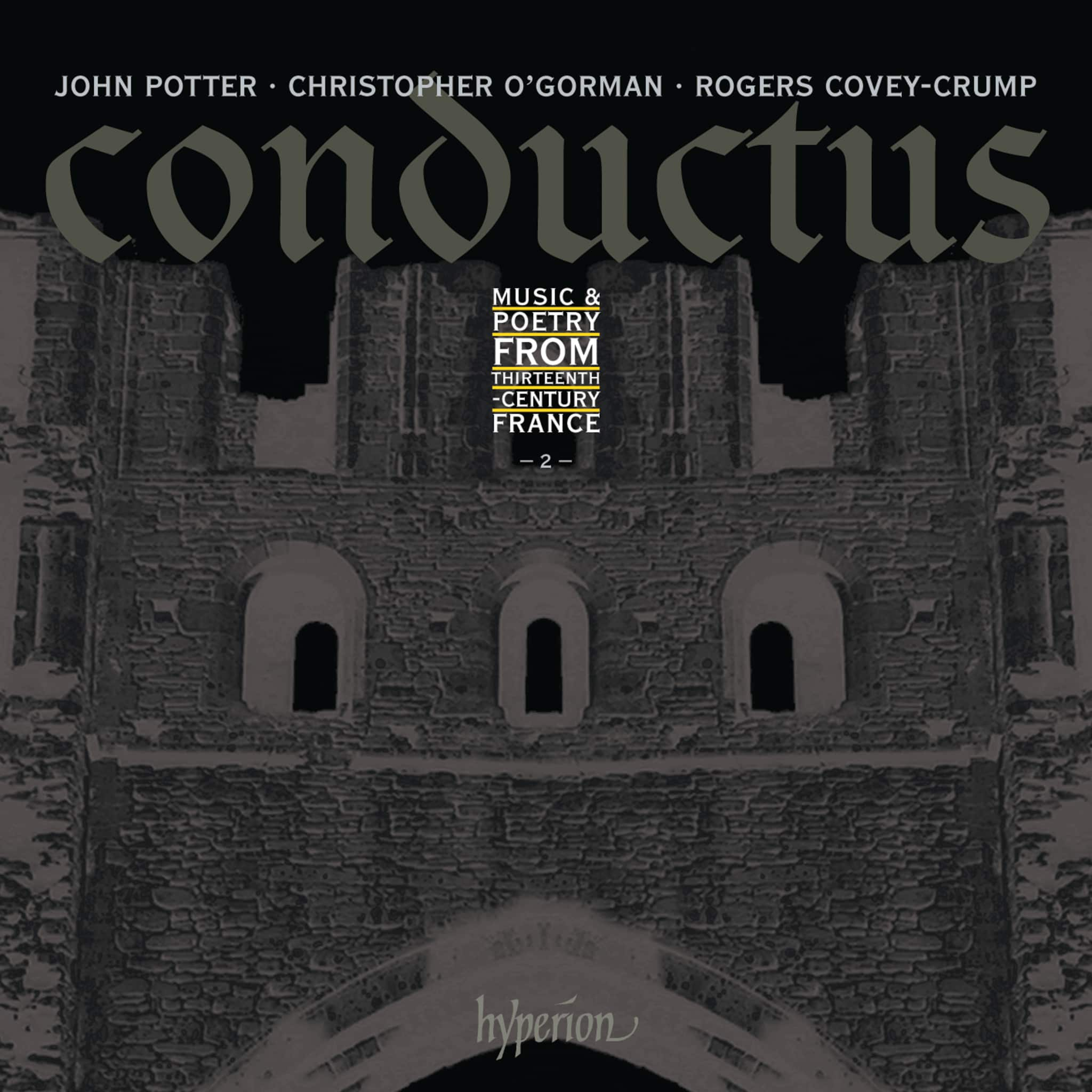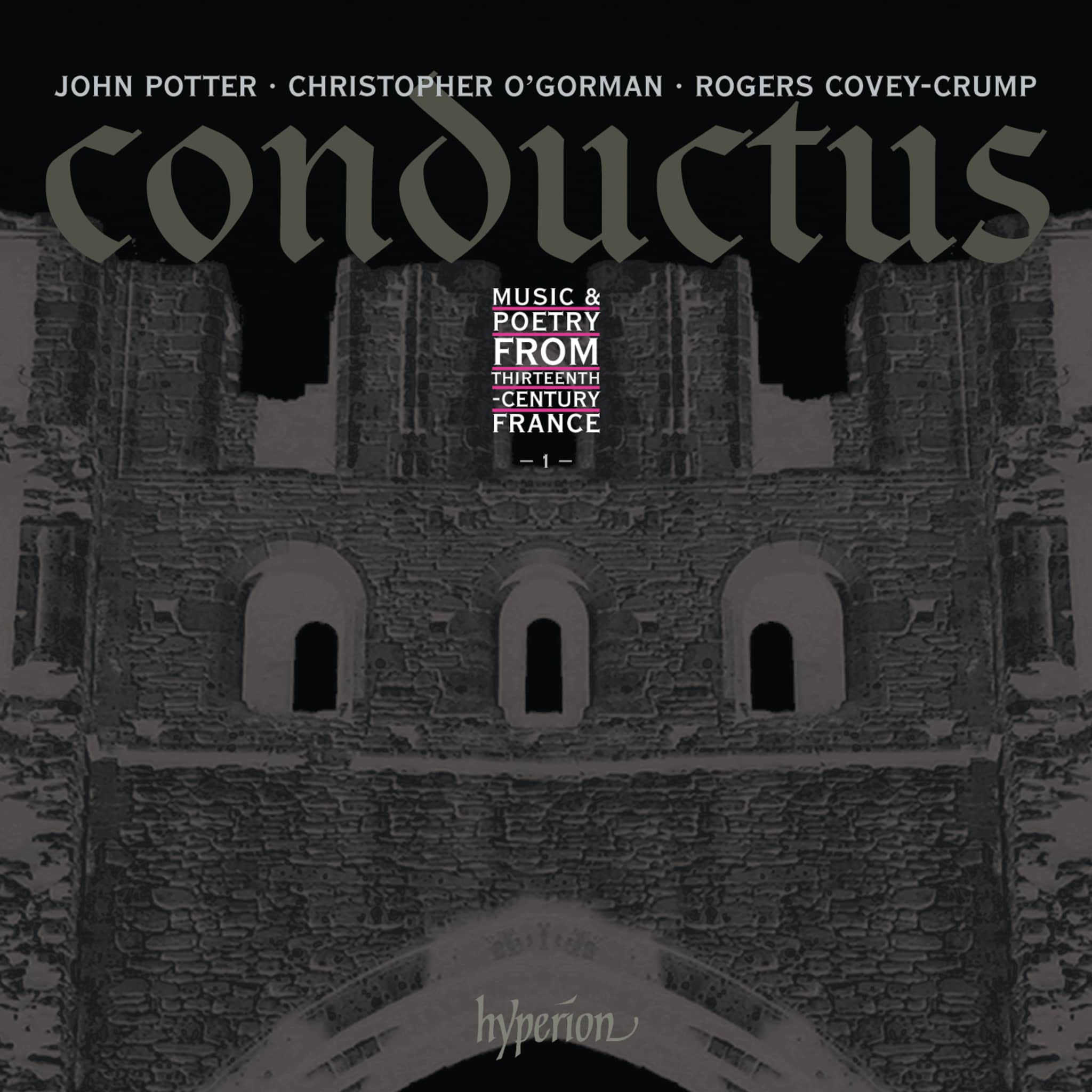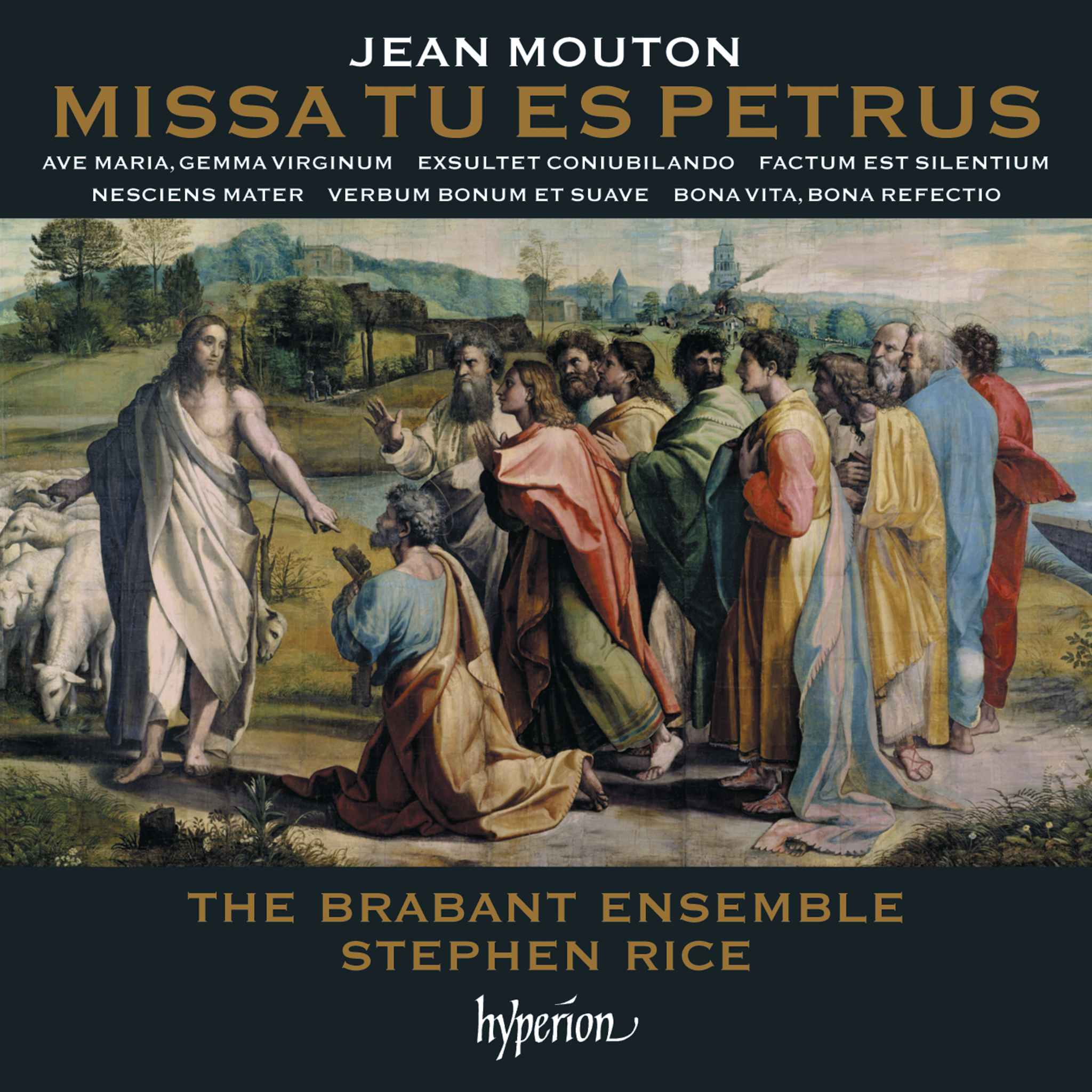Antoine de Févin, the son of a councilman, was probably born in Arras and served as a singer and composer in the royal chapel of Louis XII. Around 1500, he was among the most gifted French composers of sacred music. His works enjoyed great popularity throughout Europe but have largely been forgotten today.
Févin composed numerous works, including about 14 masses, 16 motets, and 17 chansons, though the authorship of some pieces remains disputed. His brother Robert was also a composer but did not achieve his brother's fame and productivity. Antoine de Févin probably died in Blois in late 1511 or early 1512.
A contemporary of Josquin des Prez, Févin shared many stylistic features with his more famous colleague. However, his innovative use of free counterpoint and the contrast between vocal duets and full choir reveal his own distinctive musical style. The Swiss music theorist Heinrich Glarean mentioned Févin as a follower of Josquin and noted his early death.
Févin's music occupies an intermediate position between traditional and more recent compositional styles. His works are characterized by expressiveness and a profound connection to the liturgical text. The structural design and expressive interpretation in his masses demonstrate his exceptional compositional skill.
The motet "Sancta Trinitas" is considered Févin's best-known work and is appreciated for its graceful style. There were doubts regarding the authorship of "Ascendens Christus in altum," but these have been resolved by recent research. This modern composition expresses the joy of Christ's Ascension.
In his "Missa Salve sancta parens," based on an Introit for Marian Masses, Févin employs the paraphrase technique. His original approach to text interpretation was of great importance to the musical practice of his time.





